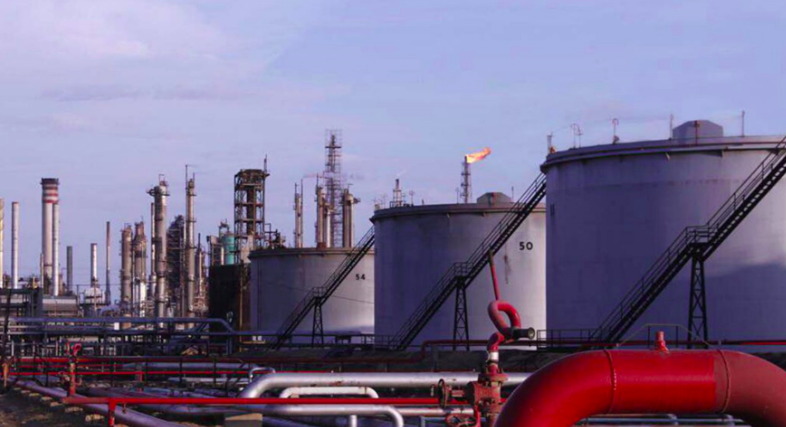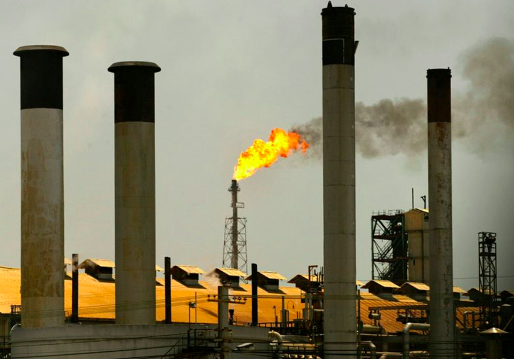State-owned companies from Iran and Venezuela will begin a 100-day renovation of the South American nation’s largest refining complex in the coming weeks to restore its crude distillation capacity.
The joint effort by state-owned Petroleos de Venezuela (PDVSA) and the state-owned National Iranian Oil Refining and Distribution Company (NIORDC) to increase fuel production at the Paraguaná Refining Center (PRC) marks a step toward ending Venezuela’s dependence on US refining technologies, writes Reuters.

Iranian Foreign Minister Hossein Amirabdollahian arrived in Caracas early last month and met on Friday with Venezuelan Oil Minister Tareck El Aissami, according to posts on the Twitter account of the Iranian embassy in Caracas and the Venezuelan Oil Ministry.
Venezuela, the world’s largest crude oil reserves owner, has faced problems in recent years in producing enough gasoline and diesel due to frequent outages and failures, insufficient investment, and US-driven sanctions on Nicolas Maduro’s government creating obstacles to importing.

PARAGUANÁ REFINING CENTER
In recent years, Tehran has strengthened ties with Caracas by supplying crude oil, condensate, parts, and raw materials for Venezuela’s aging 1.3 million barrel-per-day oil refining network.
In the coming weeks, the companies are expected to sign a €460 million contract to modernize the 955,000 barrels per day capacity Paraguaná refinery complex on Venezuela’s west coast.
The planned overhaul of the distillation unit will combine Chinese and Iranian parts and equipment in refineries originally built with US technologies.
According to Refinitiv Eikon, the Iranian-flagged cargo ship Golsan arrived in Venezuela with equipment prepared in early February.
However, specialists added that integrating new and old components will be difficult.
The Paraguaná modernization project will allow NIORDC to negotiate with contractors and subcontract specific works to repair five of the complex’s nine distillation units, which carry out the primary refining of crude oil.
Paraguaná – comprising the Amuay and Cardón refineries – operated at 25% of its capacity during February.
Therefore, if the renovation is successful, a larger overhaul could follow in 2024 and 2025, according to sources.
“If the distillation plants don’t work, the refinery doesn’t work,” said Caracas-based energy expert Nelson Hernández.
“All facilities must go through a major refurbishment or maintenance program.”
Crude supply to the Amuay and Cardon refineries could be modified to raise motor fuel production, as NIORDC did at El Palito, where it added Iranian oil to the refinery’s diet.

PDVSA’S LARGEST OIL REFINERY
In May, NIORDC signed a €110 million contract with PDVSA to repair Venezuela’s largest refinery, El Palito, with a capacity of 146,000 barrels per day in the country’s center.
This project is currently underway.
During the remodeling of El Palito, PDVSA sent home hundreds of Venezuelan workers to make way for the Iranian technicians, which triggered protests.
A separate group of contractors who claim they have not been paid for work in Paraguaná since 2021 also protested recently.
“They may criticize us, that we have purely bad professionals or no experience,” said a Venezuelan worker in Paraguaná who asked not to be identified for fear of reprisals.
“But the truth is that we must produce in the most difficult conditions, and yet we do it.”
Iranian technicians have inspected Venezuela’s refineries several times in the past year to prepare for the arrival of at least 400 Iranian workers who will work alongside between 1,000 and 1,500 local employees and contractors, the sources said.
With information from Derecha Diario

